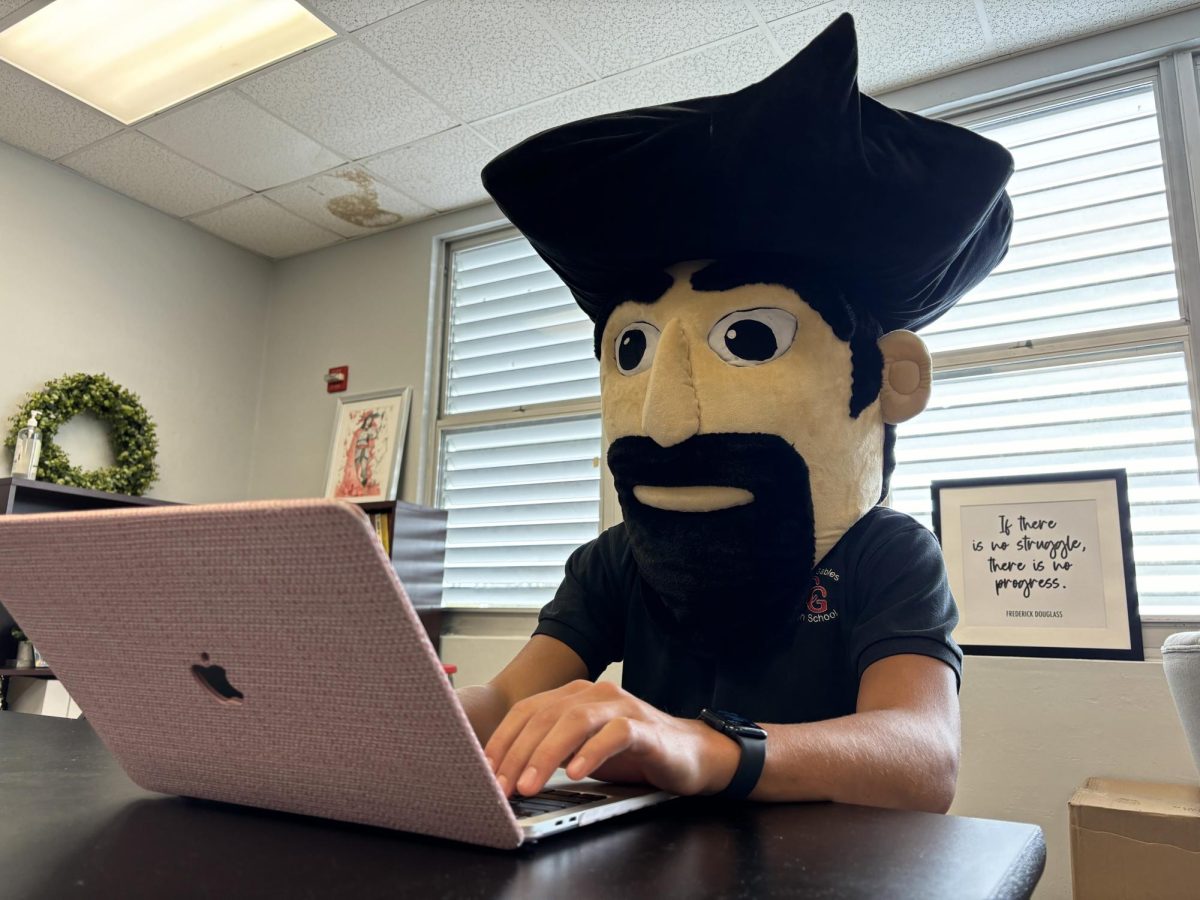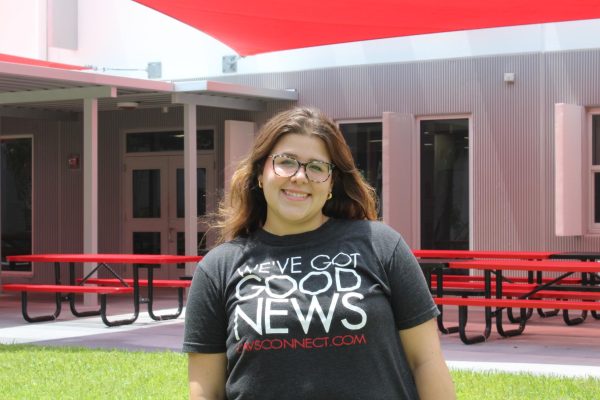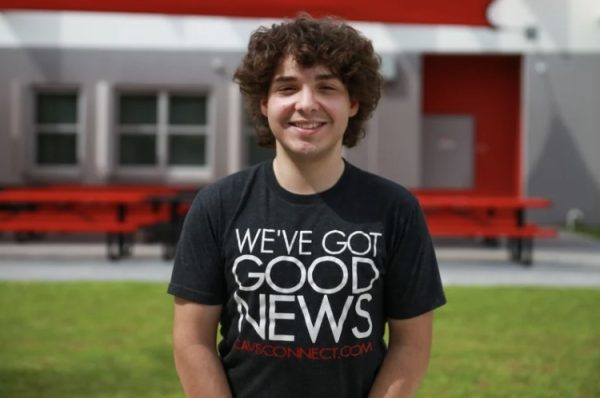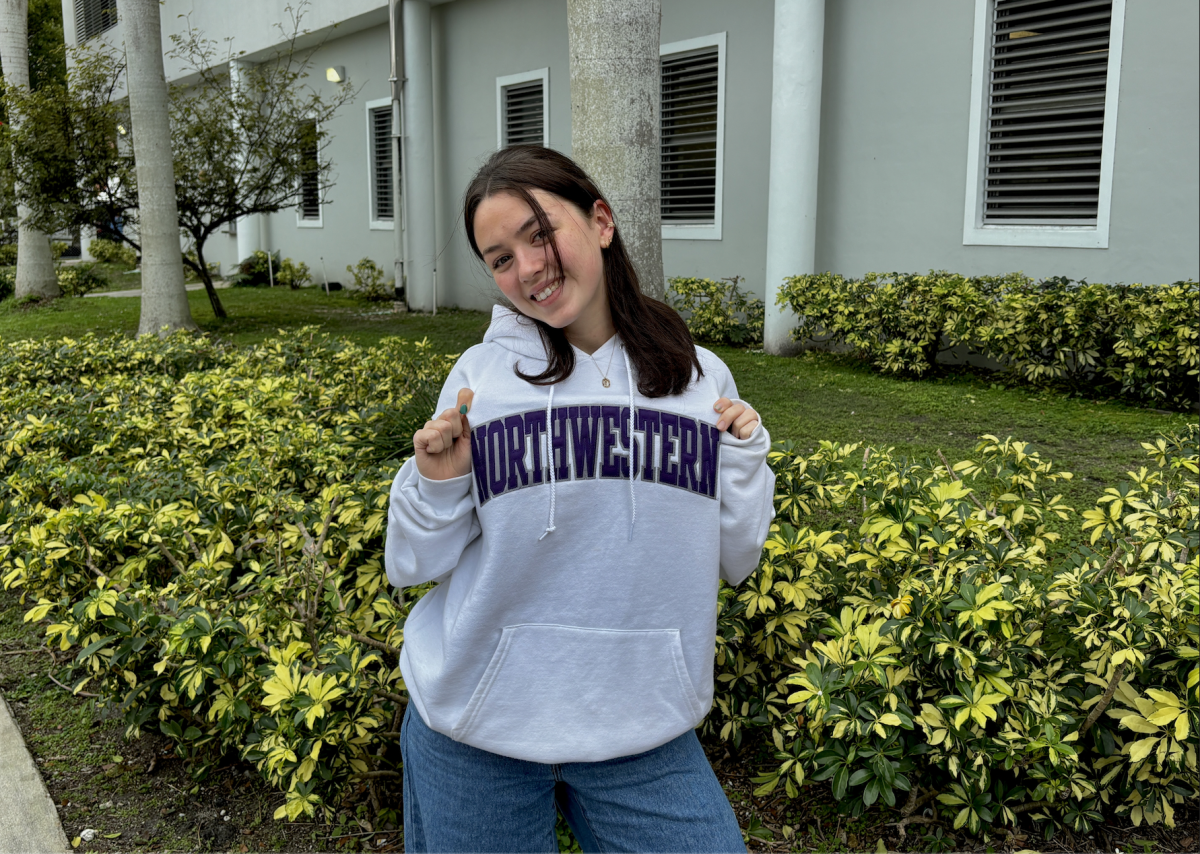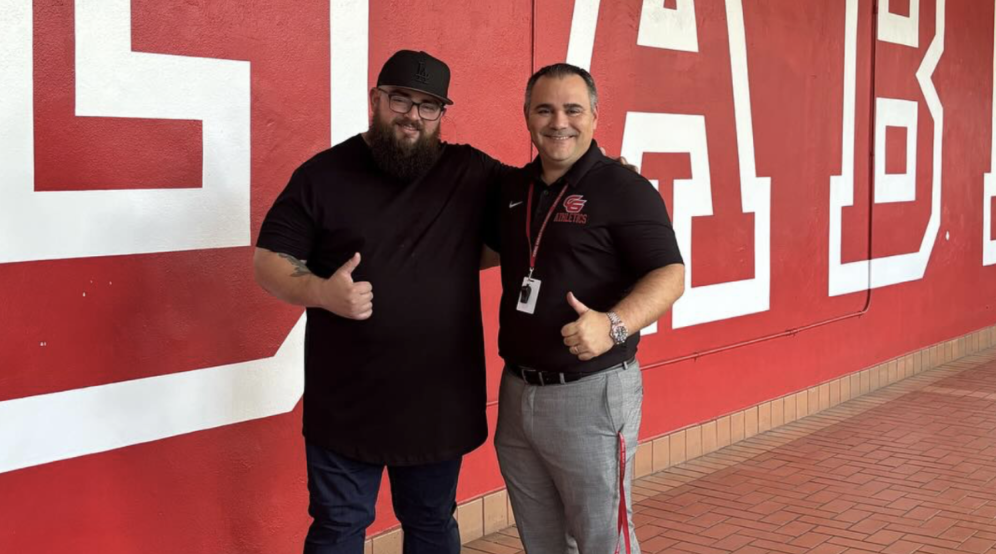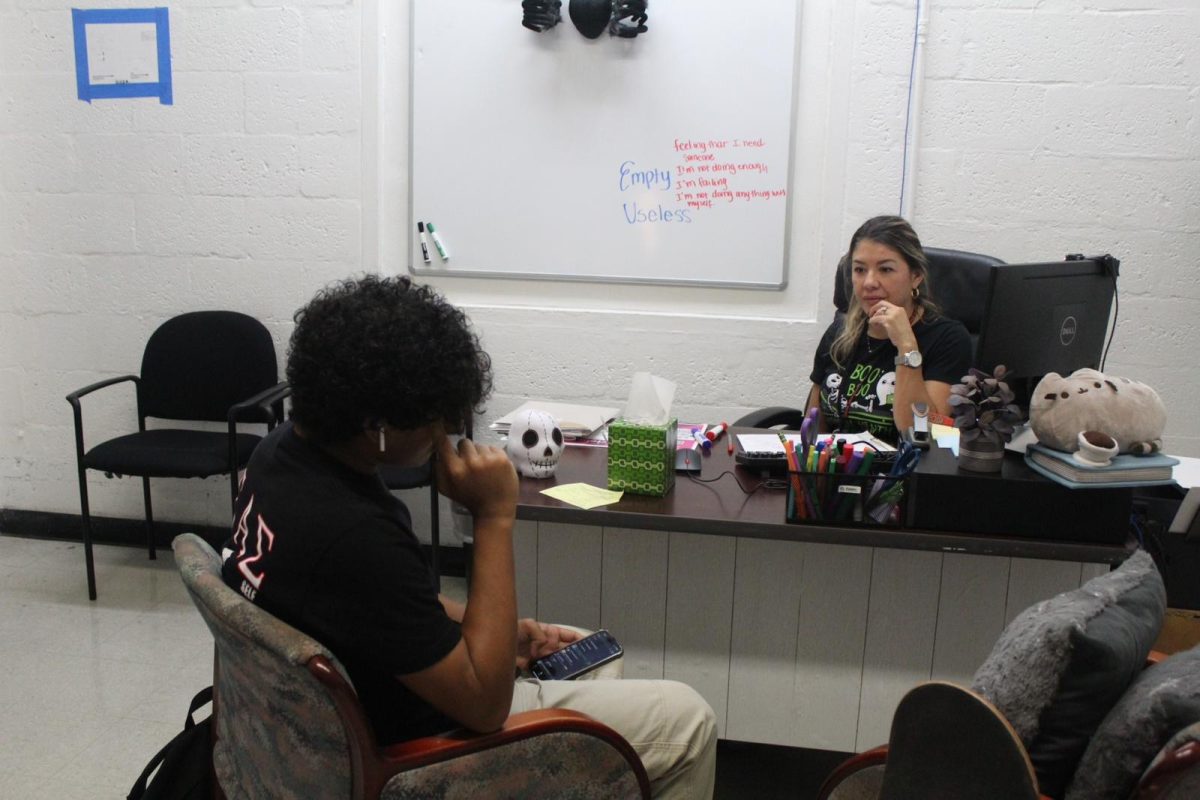The use of Artificial Intelligence has grown exponentially in schools across the globe. Not only is it being used for its intended purpose, research, but it is also being used to cheat on exams, write papers and do homework assignments for students. Due to the rise of AI and its takeover of the academic world, many have begun to question how it will affect students and teachers for the next few years.
One of the most prevalent forms of academic dishonesty that is fortified by AI is the use of chatbots. All they need to do is simply ask a question, and a well-researched and detailed answer will be generated within seconds. These algorithms make it easy for students to get their work done, without having to put in any effort. Because of how simplistic this technology is, it is tempting for students to bypass the research and writing processes of their assignments altogether.
Plagiarism has always been a prolific issue in the realm of academia. Now, it has gone way too far, as students all across the country have stealthily been incorporating it into their work. They do this by extracting key information from their textbooks and online sources, and inputting it into software systems that paraphrase and rewrite the sentence structure, making it “their own” work. Because the summarized information is so simple to access, it discourages and diminishes the critical thinking skills that students should have by the time they graduate from high school.
“Technology is a tool to help us at the end of the day, but we tend to gravitate towards things that make work easier, and AI is no different. If you don’t know how to make your words sound better and you have AI do it for you, it could limit your ability to be more articulate and write in the future,” English teacher Mr. Wood said.
Because of this sudden rise in AI usage by students, teachers and administration have quickly made adjustments to combat this plagiarism. To prevent its use, teachers have begun to employ AI detectors in their online assignments. TurnItIn, for example, analyzes the structure of a student’s writing and compares it to a database of AI-generated responses, providing teachers with a percentage of how much of an assignment was truly written by a human. The implementation of these anti-AI devices helps improve the reliability of student work, and encourages students to uphold academic honesty at all times.
“I think that the assembly that we had was very much needed since it shed a light on how much AI is being used and the negative consequences that can come from it,” junior Mia McLean said.
Another issue that arises with the use of AI programs like ChatGPT is the inaccuracy of their responses. As a language learning model, these AI algorithms are fed information from a database, which they utilize in order to generate a concise, summarized response. However, studies from Stanford have demonstrated that as ChatGPT receives more inputs, the accuracy of its responses tend to drift. This poses a major problem for the professional use of AI as a tool, as it is slowly becoming more and more unreliable over time.
“Although I am not in the IB program, I see students using AI in almost all of my classes. It has gotten out of hand,” junior Melissa Sosa said.
Students in the International Baccalaureate program at Coral Gables Senior High have been highly exposed to these new sources of AI and have started to incorporate it into their work, in part because of the rigorous workload. With this use of AI in the program also comes potential consequences.
Because of the novelty of AI, IB officials are yet to place policies which would limit or encourage the use of AI as a tool for students to use for their assignments. However, students will be punished if they are caught using AI in their assignments, as it may endanger their graduation with an IB diploma if restrictions are placed.
“What I am worried about specifically is that students need to understand that we are trying to guide them through AI. It ultimately comes back to making sure that both students and teachers are very transparent with each other,” IB coordinator Ms. Van-Wyk said.
Although many of these tools can be useful for study purposes, they can be easily misused for the purpose of academic advancement. In order for students to stay on track and take full advantage of the education that they are receiving, they should make sure that their work is entirely authentic. As educators navigate this complex landscape, it is imperative to remain vigilant and be proactive in upholding ethical standards in the education of students. Being academically honest with oneself is essential to the growth of one’s mind and opens up a gateway to many opportunities that can arise in the future.




